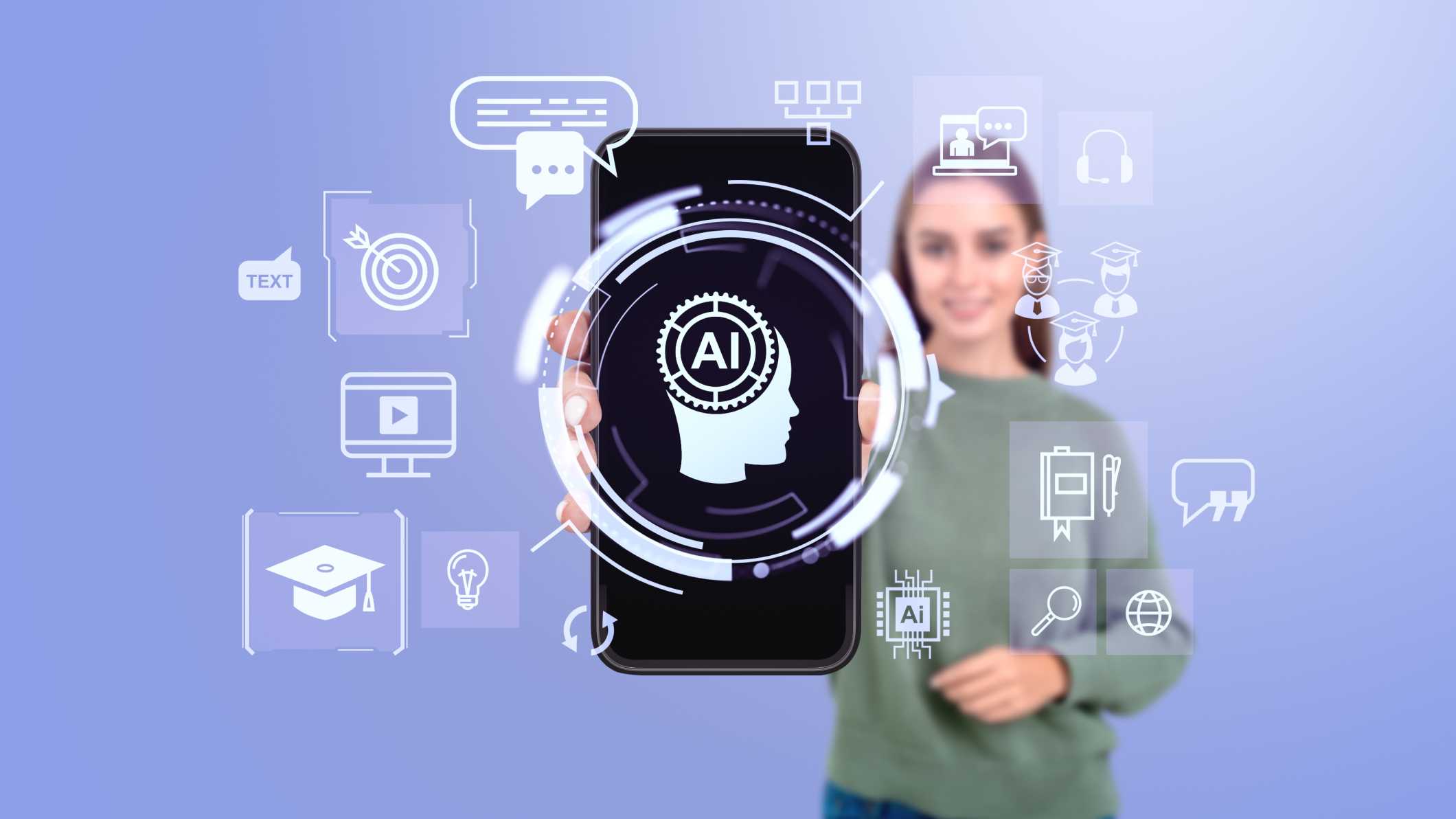Why AI will not take over the classroom
The rapid advancement of artificial intelligence (AI) has sparked a mixture of excitement and apprehension across various sectors, including education. While there is no denying the transformative potential of AI in enhancing teaching methods and learning experiences, the fear that it will replace traditional classrooms is unfounded. This blog explores the reasons why AI, despite its progress, will not take over the classroom but rather serve as a tool to augment the educational process.
by OneAdvanced PRPublished on 3 June 2024 4 minute read

Understanding artificial intelligence in education
Let's define "AI in education" before delving too further into the discussion of AI taking the place of teachers. The goal of artificial intelligence is to make machines understand, learn, and solve problems in a manner like that of humans. AI has many different applications in the field of education, ranging from complex machine learning algorithms that can forecast a student's future performance to adaptive learning software that customises instruction.
Digital textbooks and other intelligent information can change the way students learn and adapt to their requirements. AI is also helping teachers with a plethora of back-end chores like scheduling, grading, and enrolment. Some Learning Management Systems can offer students individualised, instantaneous feedback.
AI-driven tools for better outcomes
Adaptive assessment and learning tools are among the most essential uses of AI in education. Such support systems depend on the use of AI to learn from previous answers, which then enables it to come up with highly accurate assessments specifically designed for individual learners. This means that Digital Skills, Functional Skills, or GCSE exam candidates will be able to follow personalised paths throughout their studies with a system that constantly evolves according to their strengths and weaknesses. The feedback given by these AI-assisted assessments helps students understand how well they are doing, as well as how they can improve their performance – thus enabling effective learning.
Sophisticated eportfolio systems enriched through AI technology can go some way to enhance learner retention. By analysing trends in learning behaviours and engagement levels, such systems employ machine learning algorithms to track at-risk students. Educators can intervene promptly with targeted assistance once such issues have been identified, raising the possibility of learner retention and better outcomes.
AI is not only beneficial to learners but also educators and trainers as well when it comes to professional development. AI-driven performance and talent tools provide automated professional feedback that helps teachers and other staff members give feedback to line managers and colleagues.
When teachers outperform artificial intelligence
Let's look at several areas where teachers succeed and how having access to AI could provide them with even more influence.
1. The complexity of tutelage
Teaching involves inspiring curiosity, encouraging critical thinking, and developing social and ethical values. Teachers draw from their experience, intuition, and imagination to make lessons interesting. AI, while capable of a lot, cannot perform deep thinking, cultivate strong motivation, or implant values.
2. Ethical and privacy concerns
The addition of AI to education raises some major ethical and privacy problems. Gathering student data can pose risks related to privacy and security infringement.
Furthermore, AI raises issues of ethics related to bias and fairness, since AI systems may inherit pre-existing bias in their training dataset. Eliminating these issues needs a multipronged strategy that includes constant human oversight in order to regulate use.
3. The need for digital literacy and soft skills
In an increasingly digital world, organisations should not only prepare students academically but also provide them with digital literacy and soft skills like collaboration, communication and problem solving. Even though AI can be helpful to a certain degree in developing these skills, human communication and social learning are the best tools for cultivating interpersonal skills and emotional intelligence.
The complementary role of AI
Instead of looking at AI as a replacement, it is more helpful to consider AI as an extension of common educational activities. AI can give personalised learning experiences, automate administration work, and use analytics to show tutors where students may need more help. AI also relieves teachers of tedious and time-consuming taks; with this extra time, they get to engage more with their students and consequently enhance the learning process.
Final thoughts
Unlike other sectors, academia cannot easily be overrun by AI tools. In this sense, AI should just be used to enhance educational outcomes with cost effective, individualised solutions which are time-saving and easily accessible.
By combining a human-first approach with appropriate AI-driven technologies, educators can provide a ‘best-of-both-worlds’ environment for their learners. In this sense, AI can become a useful helping hand for the holistic development of learners, while streamlining efficiencies for educators and back-office staff.
Discover more about our wider AI in Education solutions and how they support education providers.
About the author
OneAdvanced PR
Press Team
Our dedicated press team is committed to delivering thought leadership, insightful market analysis, and timely updates to keep you informed. We uncover trends, share expert perspectives, and provide in-depth commentary on the latest developments for the sectors that we serve. Whether it’s breaking news, comprehensive reports, or forward-thinking strategies, our goal is to provide valuable insights that inform, inspire, and help you stay ahead in a rapidly evolving landscape.
Contact our sales and support teams. We're here to help.
Speak to our expert consultants for personalised advice and recommendations or to book a demo.
Call us on
0330 343 4000Please enter your details, and our team will contact you shortly.
All fields are required
From simple case logging through to live chat, find the solution you need, faster.
Support centre